Published since 2019 by the Fair Winds Foundation and Association of Foreign Relations, Taiwan Weekly provides in-depth report and analysis of the major issues facing Taiwan.
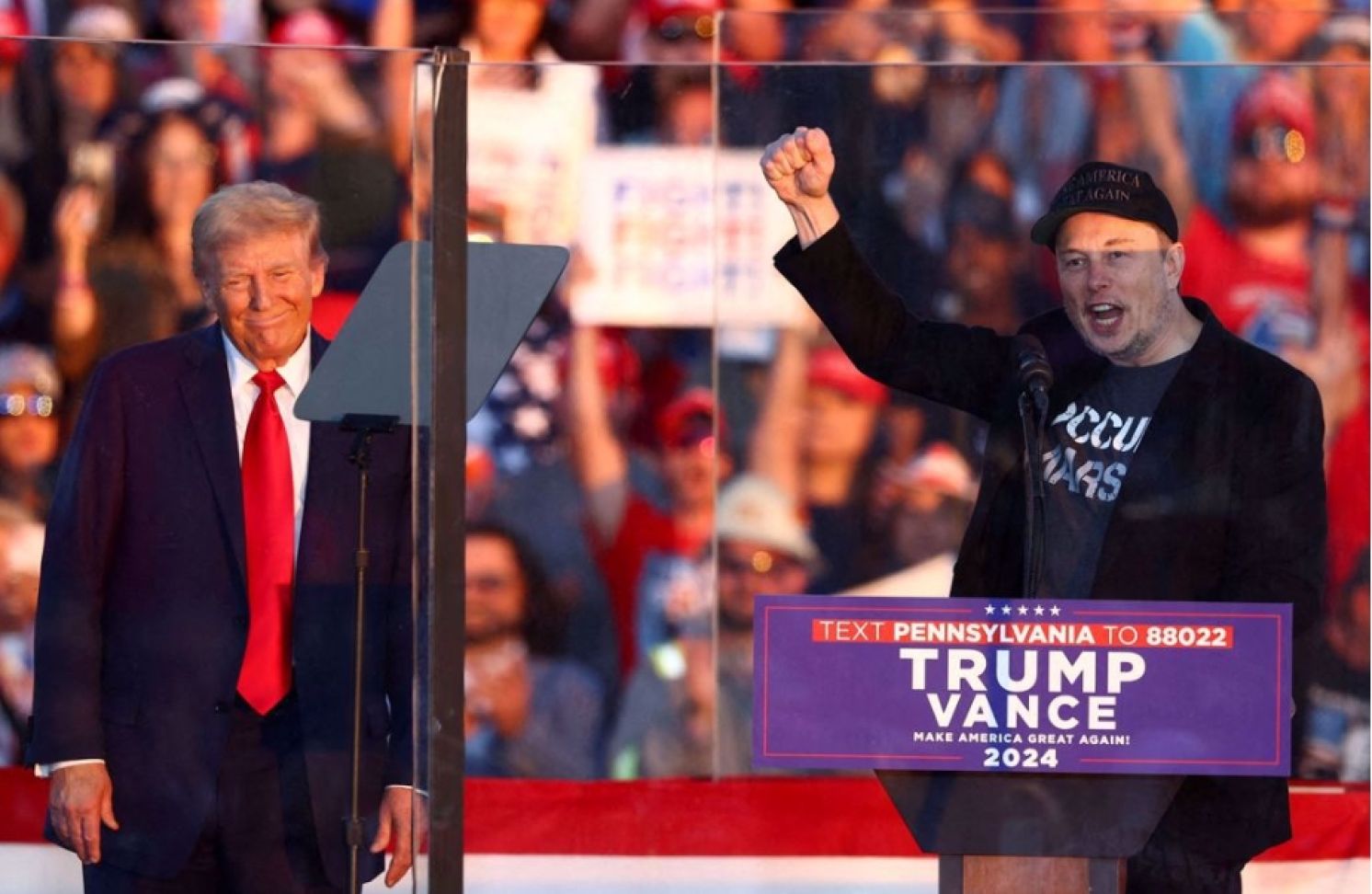
Elon Musk Whom the DPP Neglected
The core members of the Trump administration's national security team are mainly nominated. Taiwan’s ruling Democratic Progressive Party (DPP) seems feeling relieved by this line-up full of hawkish and anti-China tone and sentiment, mesmerizing itself by the fact that "the relationship between the United States and Taiwan is as good as it has been."
Details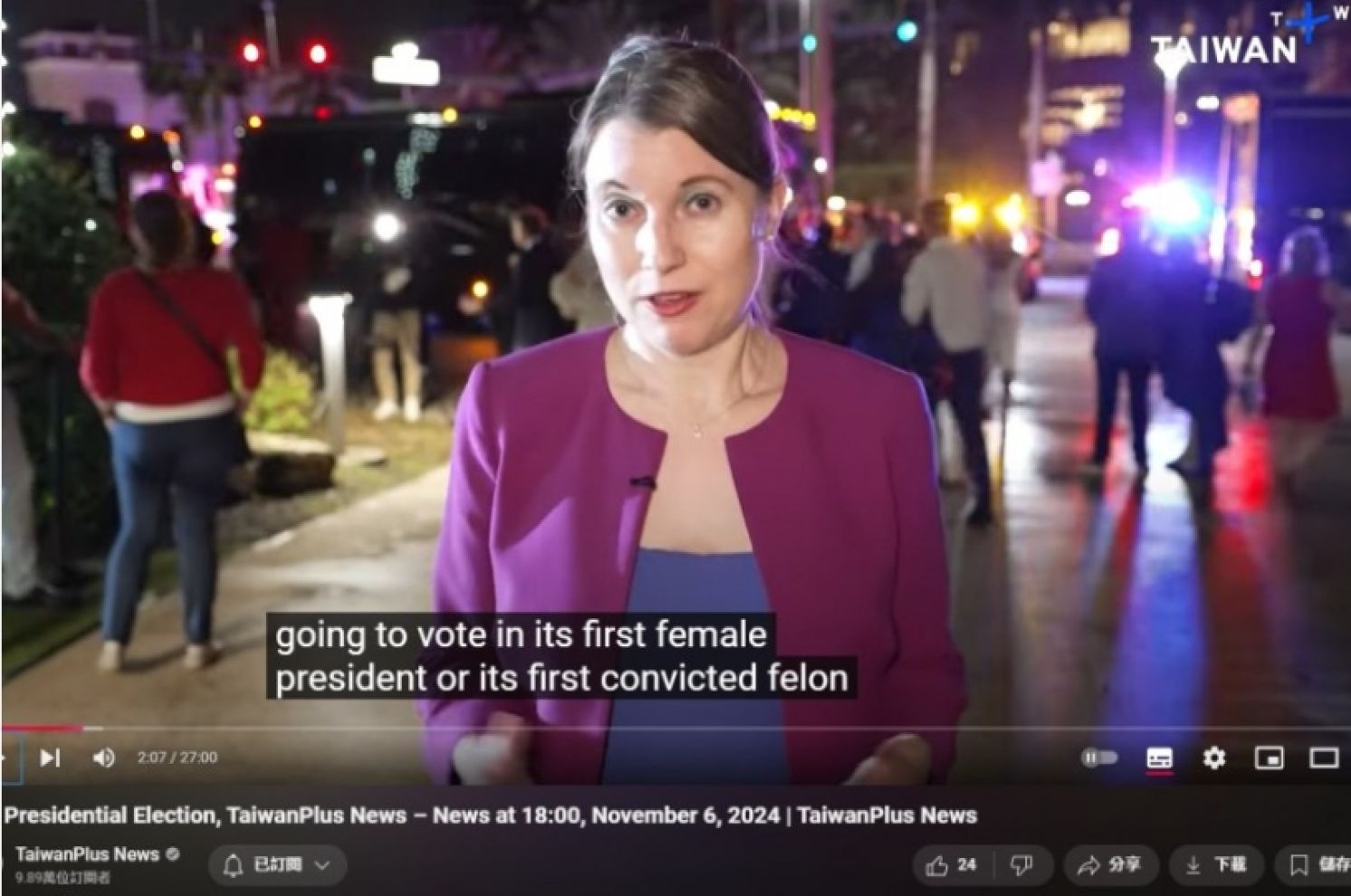
"Serving the Party"﹐ National Media Self-Degenerating?
The international video streaming platform Taiwan Plus (Taiwan+), established by the Democratic Progressive Party (DPP) administration, was transferred to the Public Television Service (PTS), the state media funded by taxpayers’ money, due to poor management after burning through NT$5.8 billion (about US$178 million) over four years. Former President Tsai Ing-wen once likened it to the United Kingdom's BBC and Japan's NHK, aiming to showcase Taiwan to the world. However, on its official website, a feature on "Taiwan's Anti-Corruption Efforts" used an image of Chairman Ko Wen-je of the Taiwan People's Party (TPP) Chairman wearing handcuffs, and it claimed to the world that the new U.S. President Donald Trump was "a convicted felon." As a national media outlet, it should maintain neutrality and serve as an exemplary for all media, yet it has degraded itself into being a tool for partisan agendas.
Details
This Week in Taiwan 1110-1116
November 10: CNN reported that on November 7, during a dinner with Taiwan's representative to the United States Ambassador Alexander Yui, former White House National Security Advisor Robert O'Brien received a congratulatory letter from the Taiwan government, which he then passed on to President-elect Donald Trump's team. The report noted that this low-key congratulatory letter contrasts sharply with the controversial Trump-Tsai phone call in 2016. Both the Taipei Economic and Cultural Representative in the United States and O'Brien declined to comment.
Details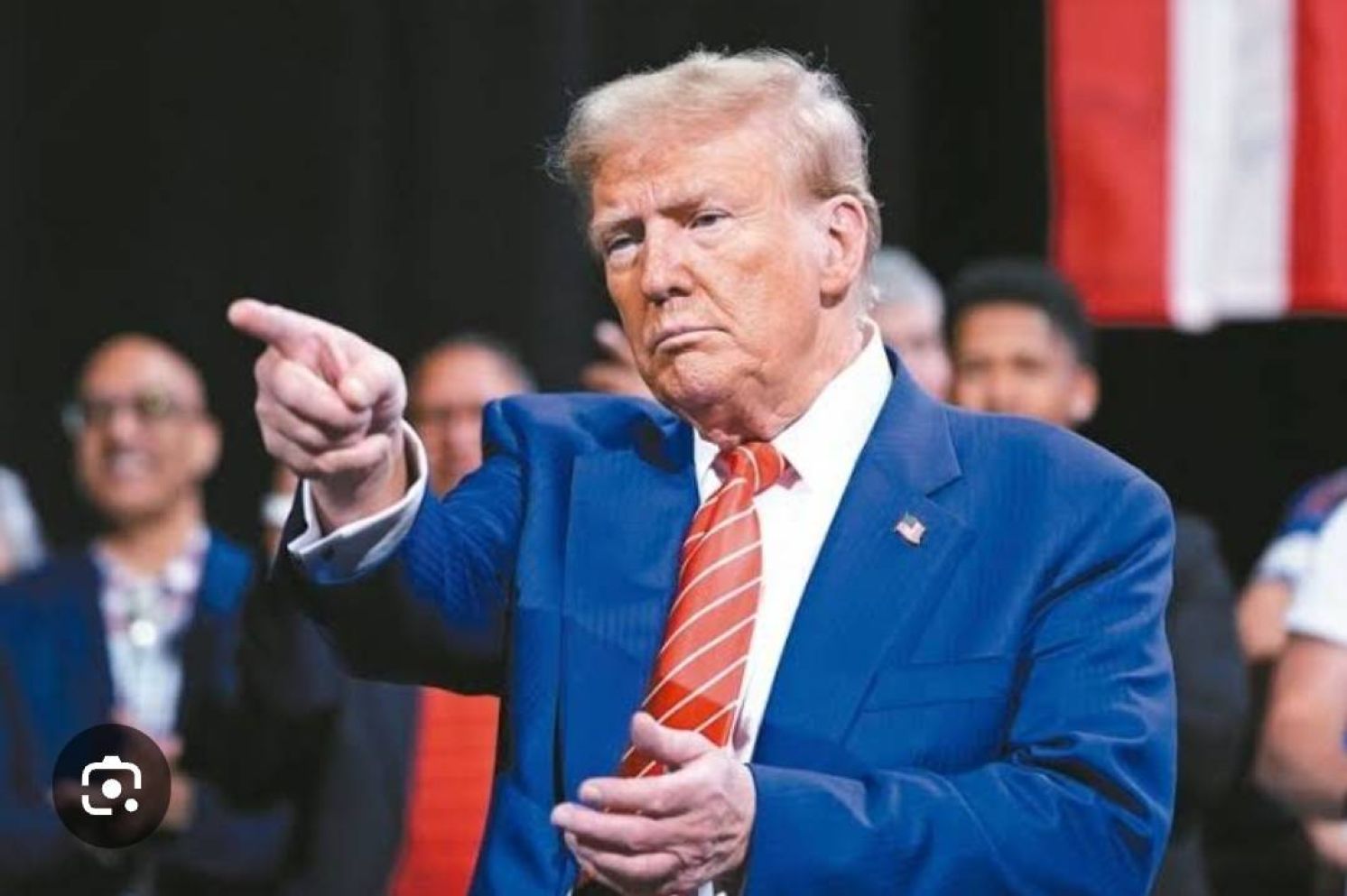
Trump's Return to the White House: Taiwan Faces Arduous Security Challenges
Republican candidate Donald Trump became the first U.S. president in over a century to return to office. The election was smooth and peaceful, demonstrating the superiority of the American political system. However, this does not necessarily signal the "golden era" Mr. Trump promises or a return to American greatness. The ongoing Ukraine war, Middle East conflicts, and the Taiwan Strait remain global hotspots, with Taiwan facing severe security challenges.
Details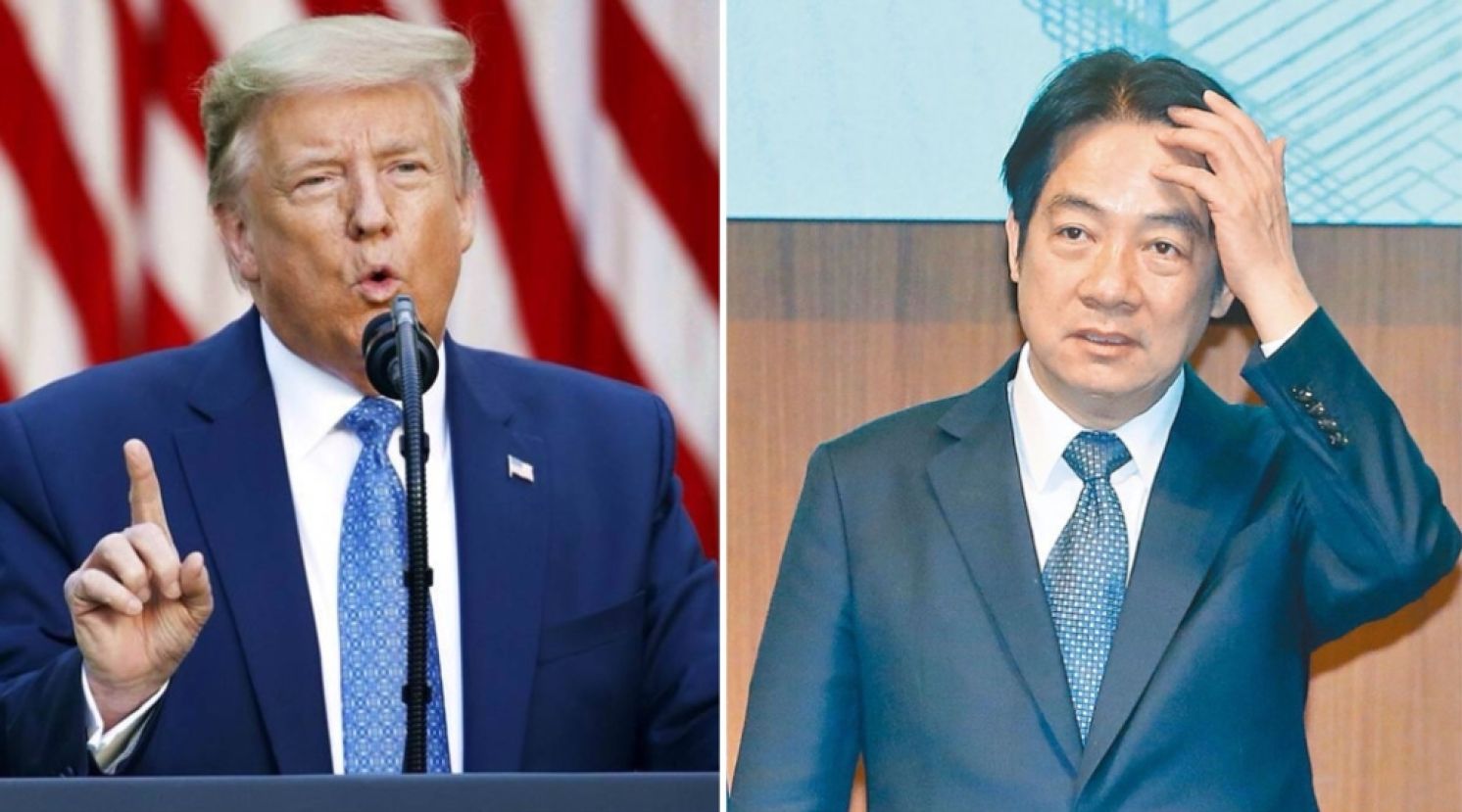
If Trump-Tsai Call Was An Accident, Then No Trump-Lai Call May Be Hidden Warning
Eight years ago, then-President Tsai Ing-wen made a congratulatory call to the U.S. President-elect Donald Trump. Now, after eight years, there are rumors that President Lai Ching-te is considering a similar call to Mr. Trump, which the Office of the PResident has immediately and strongly denied. If the "Trump-Tsai call" was an unexpected occurrence, that "Trump and Lai aren’t making calls" is a reality. The intriguing nuance between "Tsai could, but Lai cannot" leaves much to ponder.
Details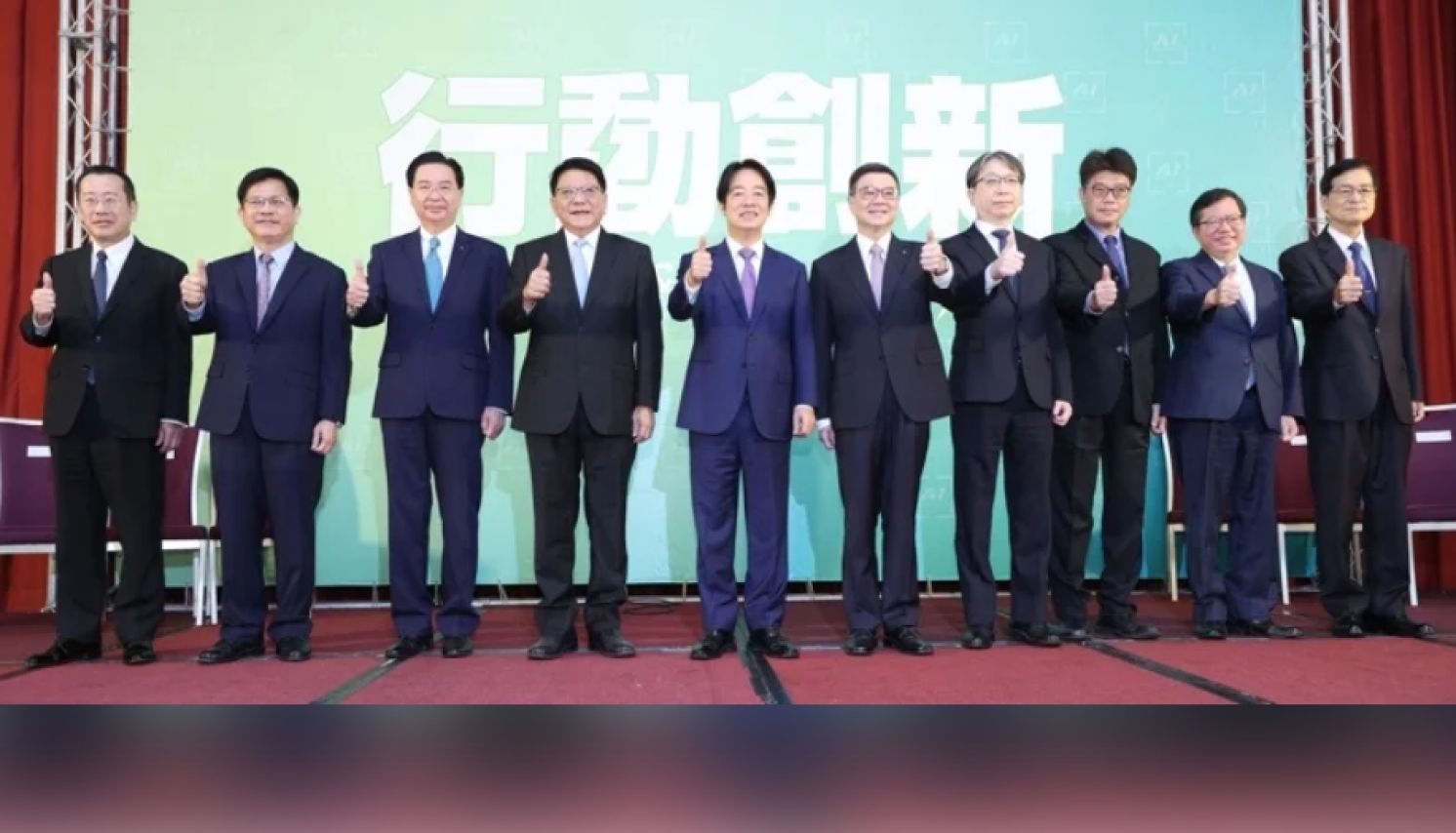
National Security Team Lost Facing U.S. Election
The American presidential election will inevitably impact U.S.-Taiwan relations and the security situation in the Taiwan Strait. In the face of potential changes, there is no sign of proactive planning from the Democratic Progressive Party (DPP) administration. Instead, senior officials making inconsistent and erratic statements are widely reported. The administration of President Lai Ching-te is shifting the blame to China's cognitive warfare to cover up its own incompetence and anxiety.
Details
This Week in Taiwan 1103-1109
November 4: According to the United Daily News, the Army Command confirmed that the first batch of HIMARS multiple rocket launchers, part of the "Long-Range Precision Strike System" procured from the United States, has arrived in Taiwan. The 58th Artillery Command of the 10th Army Corps is responsible for receiving and training on the HIMARS, which will be responsible for long-range and high-value maritime target strikes, while the Thunderbolt 2000 will handle fire support within 24 nautical miles for anti-landing operations, forming a comprehensive long, medium, and short-range strike capability.
Details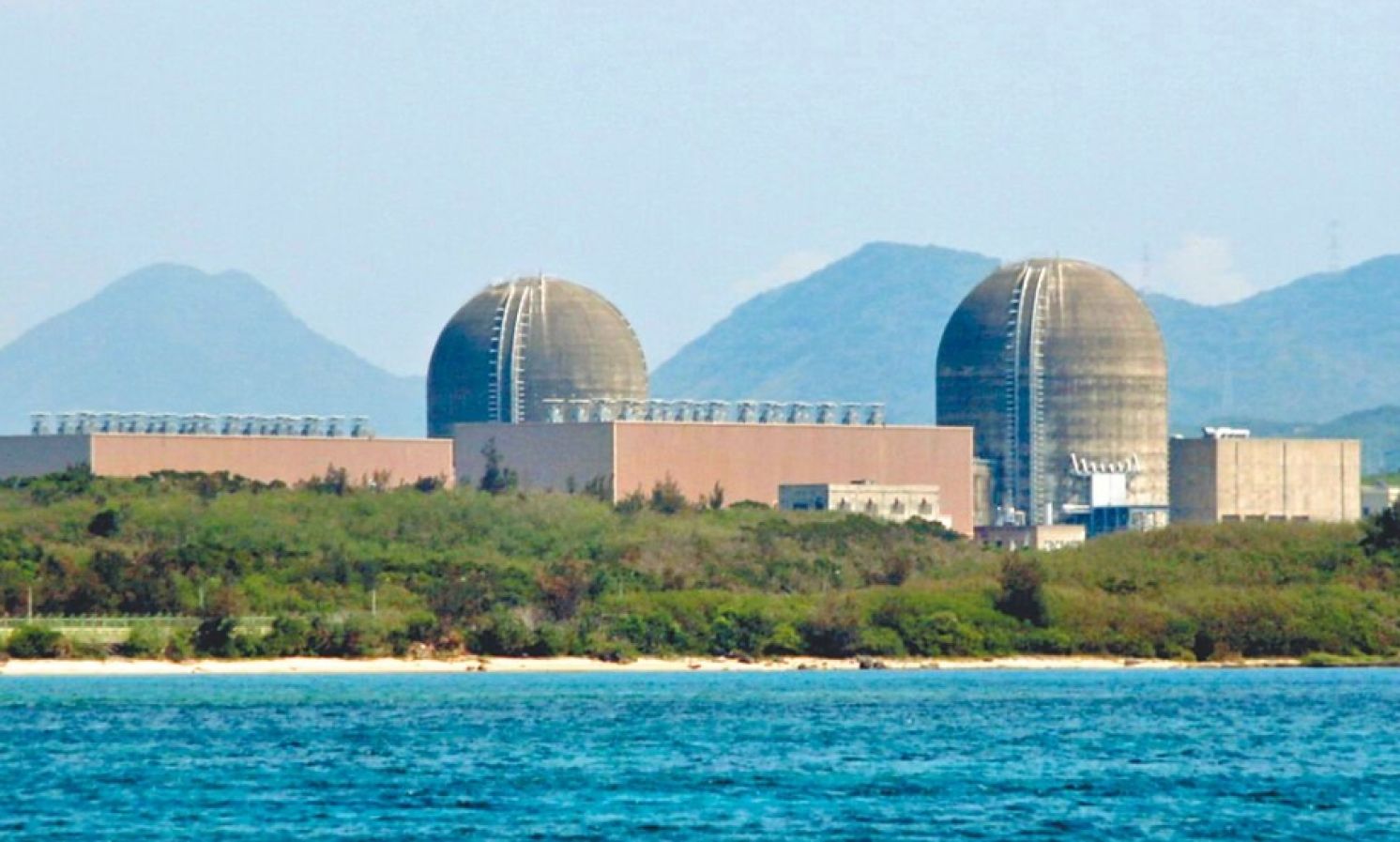
A Hundred Ways to Get Around Issues: Lies to Cover Up Power Shortages
Many may not realize that the Democratic Progressive Party's (DPP) long-promoted vision of "nuclear-free homeland" has already been achieved! Taiwan is currently in a "nuclear-free" state. However, this isn't due to the closure of all nuclear plants; the last operational unit of the Third Nuclear Power Plant is undergoing maintenance. Seizing this moment, the administration of President Lai Ching-te is letting people experience the "benefits" of a nuclear-free environment for a trial period of 41 days.
Details
Wind and Solar Power Dropped to Zero, Thermal Surged to 94% on Typhoon Day
Amid controversies, the environmental impact assessment meeting of the Ministry of Environment passed the assessment for the four additional gas-fired power generating units of the second phase of the Taichung Power Plant. Keeping the six existing coal-fired generating units as backup, this expansion raised huge questionings outside. On the next day after the environmental impact assessment was passed, Typhoon Kong-rey battered Taiwan. The electricity generation system of the Taiwan Power Company (Taipower) shows that thermal power accounted for 94 percent of power generation on that day. This figure explains why the administration of President Lai Ching-te recklessly passed the environmental impact assessment of the Taichung Power Plant and exposes the hidden secret why the six coal-fired units are kept.
Details
Faced with Internal and External Pressures, Where is TSMC's Backing?
In a recent televised interview, U.S. Republican presidential candidate Donald Trump stated that upon returning to the White House, he will impose tariffs on imported chips from Taiwan and other places. As soon as these words emerged, the Taiwan Semiconductor Manufacturing Company’s (TSMC) American depository receipt (ADR) stock price plummeted 4.3 percent and dragged down TSMC’s Taiwan stock price by NT$10, causing investor panic. According to TSMC founder Morris Zhang, the company has become a battleground for military strategists, with “the most serious challenge lying just ahead.”
Details- 1
- 2
- 3
- 4
- 5
- 6
- 7
- 8
- 9
- 10
- 11
- 12
- 13
- 14
- 15
- 16
- 17
- 18
- 19
- 20
- 21
- 22
- 23
- 24
- 25
- 26
- 27
- 28
- 29
- 30
- 31
- 32
- 33
- 34
- 35
- 36
- 37
- 38
- 39
- 40
- 41
- 42
- 43
- 44
- 45
- 46
- 47
- 48
- 49
- 50
- 51
- 52
- 53
- 54
- 55
- 56
- 57
- 58
- 59
- 60
- 61
- 62
- 63
- 64
- 65
- 66
- 67
- 68
- 69
- 70
- 71
- 72
- 73
- 74
- 75
- 76
- 77
- 78
- 79
- 80
- 81
- 82
- 83
- 84
- 85
- 86
- 87
- 88
- 89
- 90
- 91
- 92
- 93
- 94
- 95
- 96
- 97
- 98
- 99
- 100
- 101
- 102
- 103
- 104
- 105
- 106
- 107
- 108
- 109
- 110
- 111
- 112
- 113
- 114
- 115